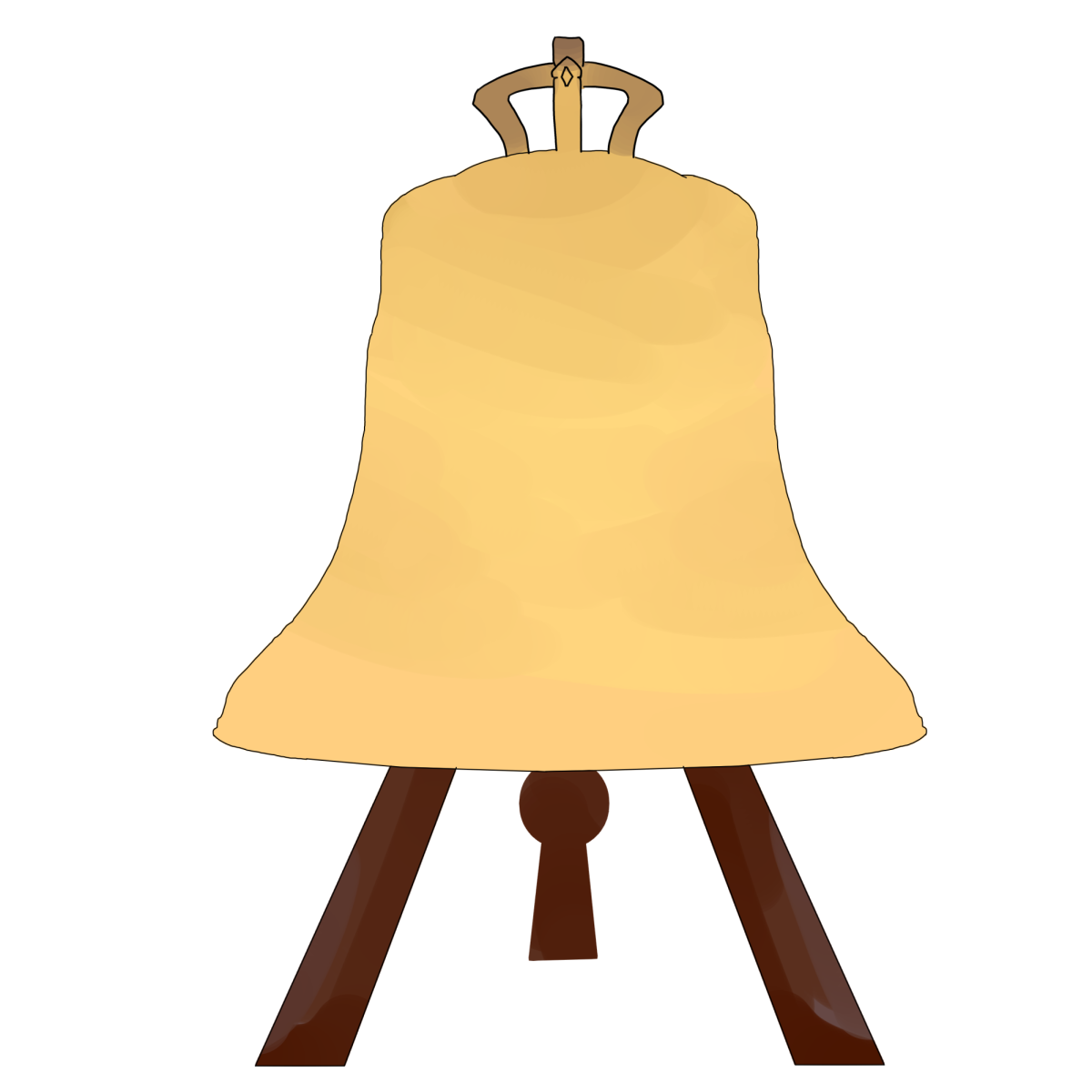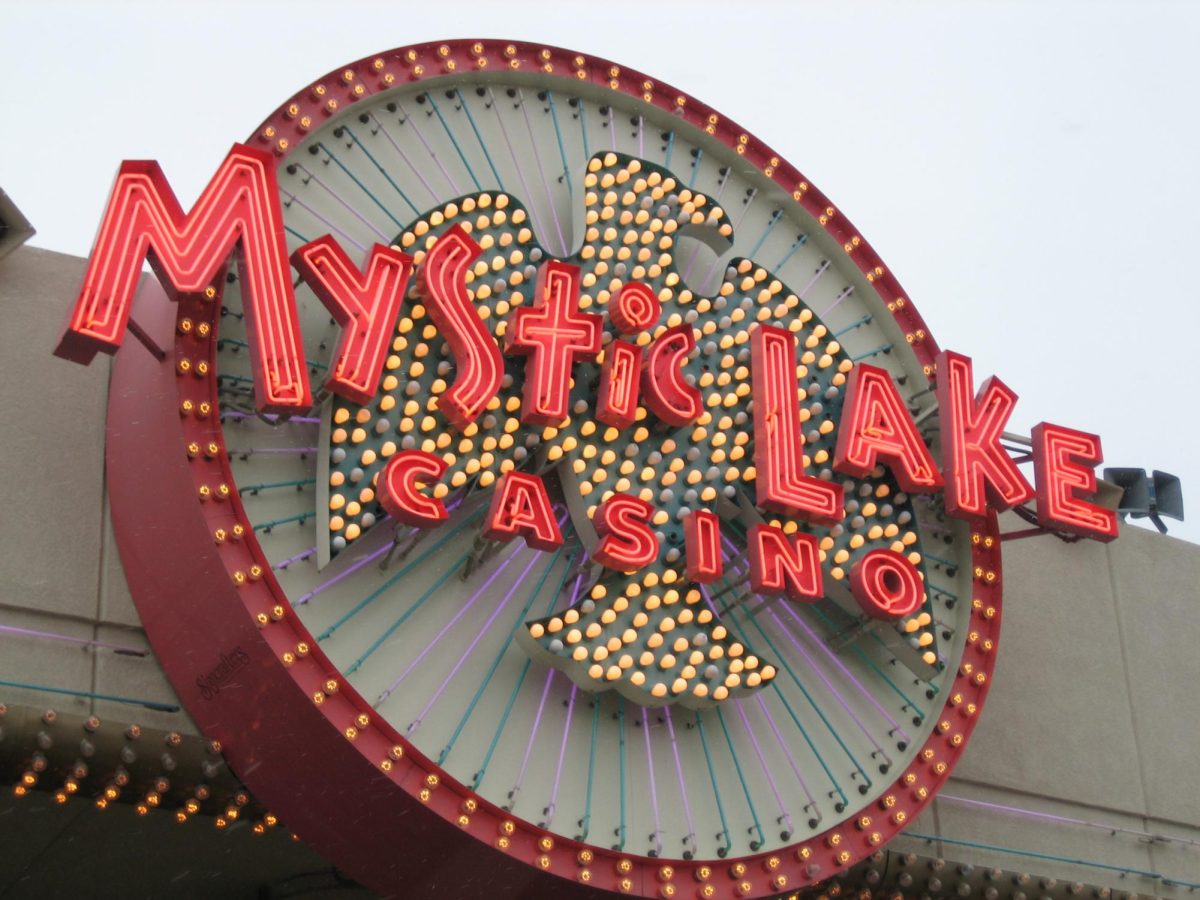Gambling on Indian reservations has been a source of income for indigenous tribes for decades because in the U.S., Native American reservations are regarded as independent nations, so fewer restrictions exist on gambling at casinos on reservations.
In 1988, Congress passed the Indian Gaming Regulatory Act (IGRA), which regulated gaming on reservations. State governments required tribal governments to make compacts, or deals. These compacts would sometimes call for a portion of reservation gambling revenue to go to state governments in exchange for authorization to provide certain forms of gambling at tribal casinos. Some tribal leaders viewed the IGRA as an infringement on tribal sovereignty. However, gaming proved to be a significant source of revenue, and many tribes ultimately decided to comply with the IGRA to continue making this money. These compacts became essential to the welfare of Native Americans living on reservations.
While gambling is not the only way reservations make money, there are not many other viable sources of revenue on reservations. “They’re trying to diversify. But it’s really, it’s not easy,” said Andy Kozak, a representative of the Minnesota Indian Gaming Association. For many tribes, revenue from casinos decreases dependence on federal grants and helps provide necessary advancements in education, healthcare, housing and other spaces. “It is sustainable. But it’s not the total salvation if you put it that way, especially for the tribes that are there in the real rural areas,” said Kozak.
Although casinos help create jobs on reservations with extreme unemployment and poverty rates, only a fraction of these establishments achieve great success due to the location of tribal casinos in sparsely-populated rural areas and poor management of casino revenue.
Now, tribes that operate gambling facilities are expected to lose business due to the emergence of sports gambling. The ease of online gambling has already led to a decrease in revenue for some tribal casinos in other states as people choose the simpler, more accessible option. This year, two bills, SF 3803 (Minnesota Sports Betting Act 2.0) and HF 2000, have been proposed to legalize sports betting in Minnesota — each with different provisions for reservation gambling.
“The private sector has always wanted what the tribes have,” said Ron Allen, president of the Washington Indian Gaming Association. “So they’re looking at ways to try to squeeze the tribes out.”
“I can assume that […] with the majority of casinos being located on reservations and the owners and employees being Native American, and that being a big source of income in the community, they would all be affected by the loss of income,” said Anna Honebrink, junior.
Tribes in Minnesota believe that if sports betting is legalized in the state, they should have exclusivity over conducting it to protect reservation economies. HF 2000 would grant tribes the exclusive ability to obtain licenses to conduct sports betting in person and online.
However, racetracks seeking sports betting licenses believe HF 2000 is unfair and want the opportunity to offer mobile and sports betting at their own businesses as well. If SF 3803 passes, sports betting would be legal at tribe-owned casinos, commercial establishments like racetracks and online.
Whether either bill passes, tribes will have the option to offer sports gambling at their casinos. The effects of this, however, may be less significant than initially perceived. “It’s the wave of the future. By and by, all the states are going to have it […] It’s okay, but it’s not going to radically change the economics of the reservation,” said Kozak.












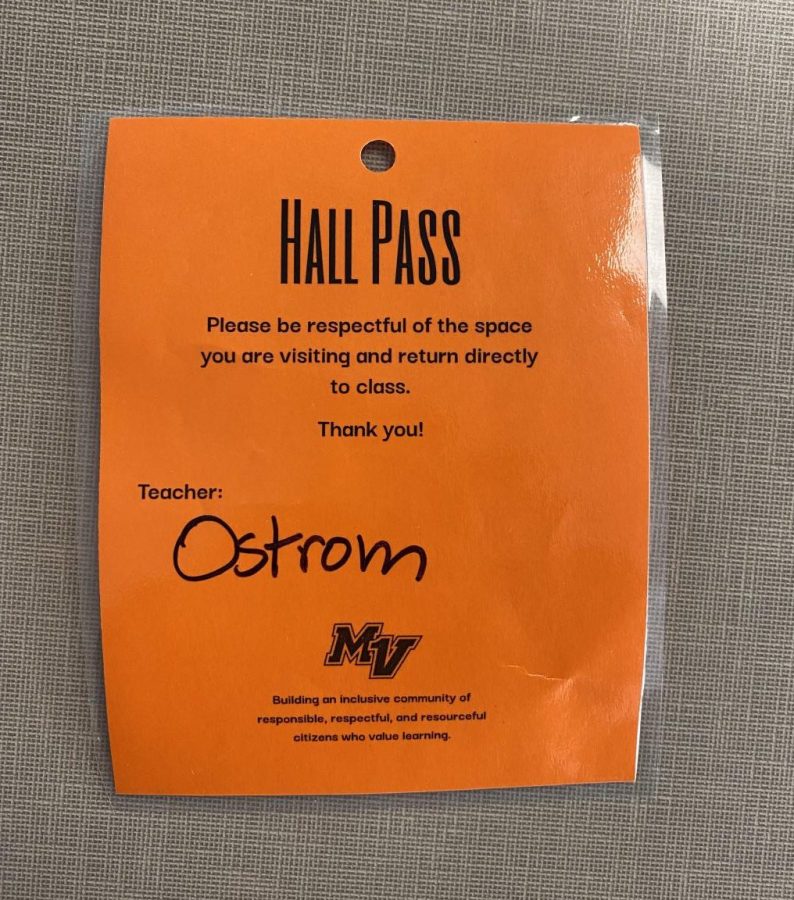


![[DEBATES] Prestigious colleges: value or hype?](https://www.mvviewer.org/wp-content/uploads/2024/12/buildings-1200x654.png)


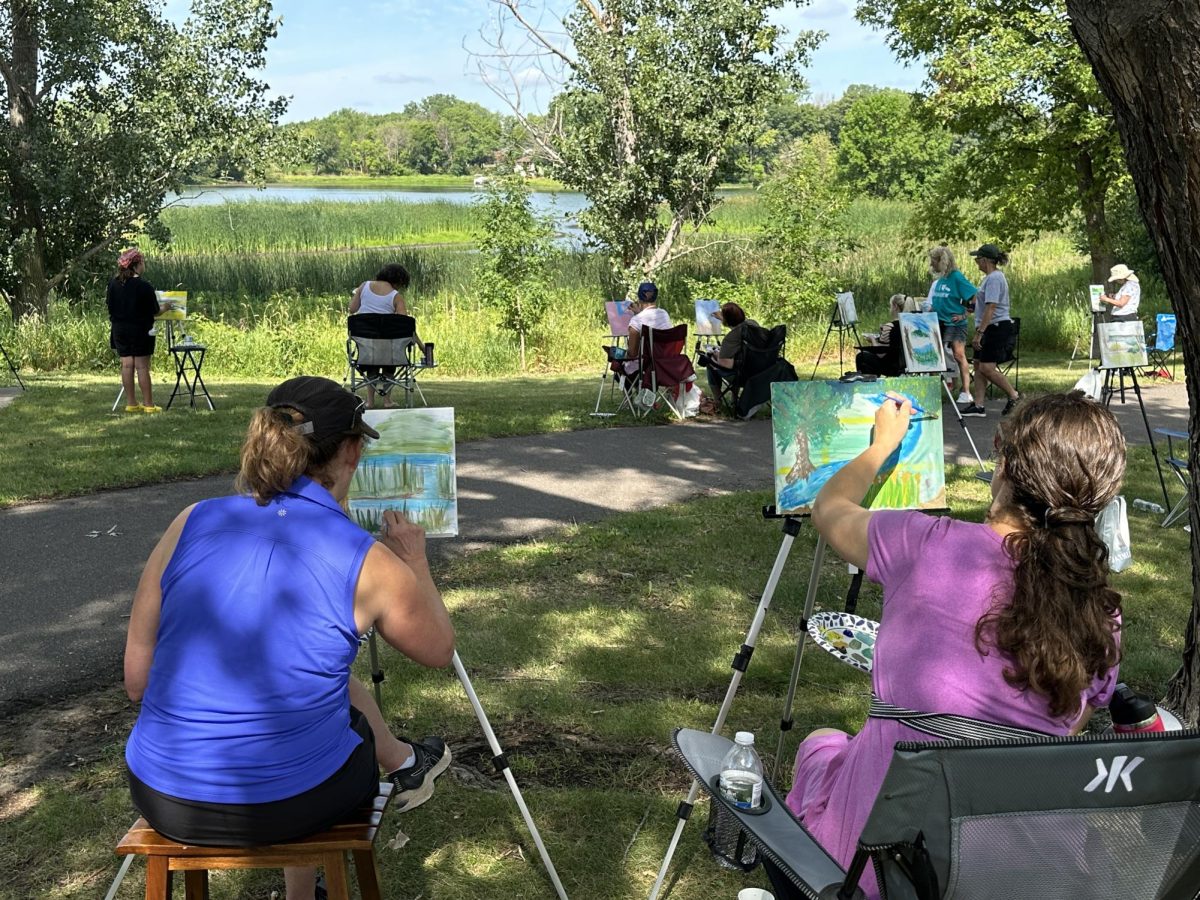
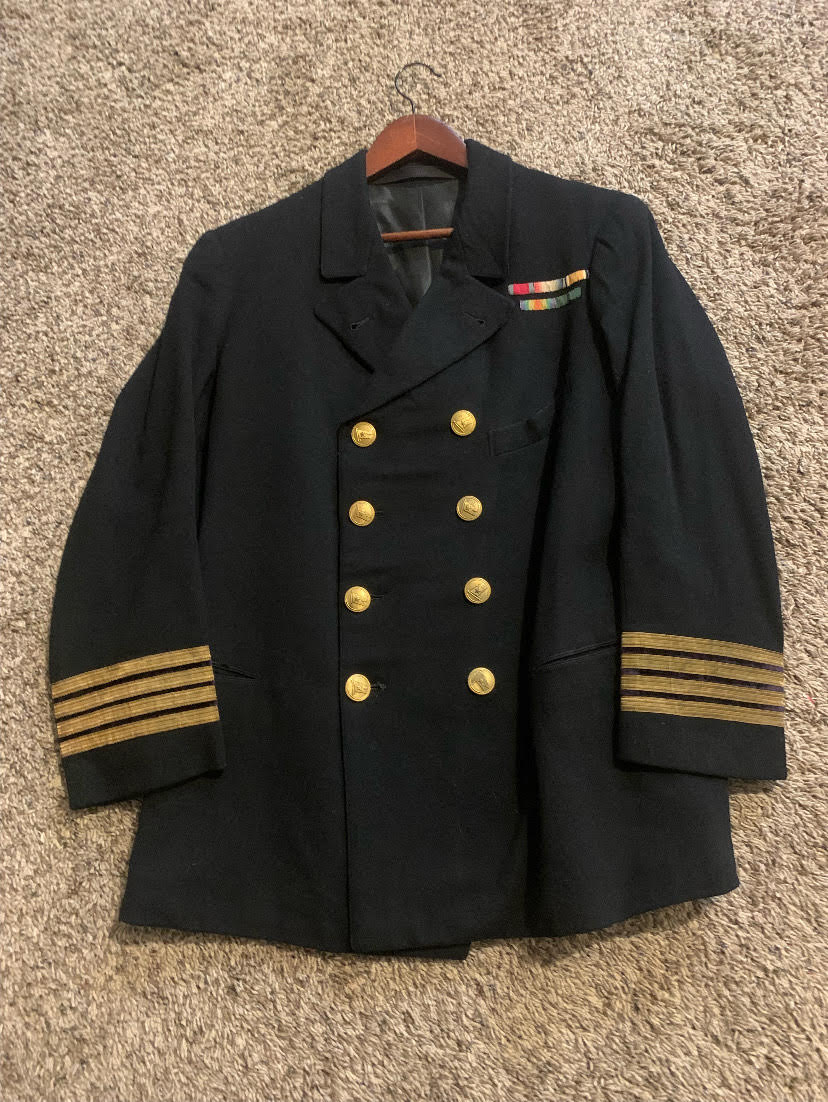
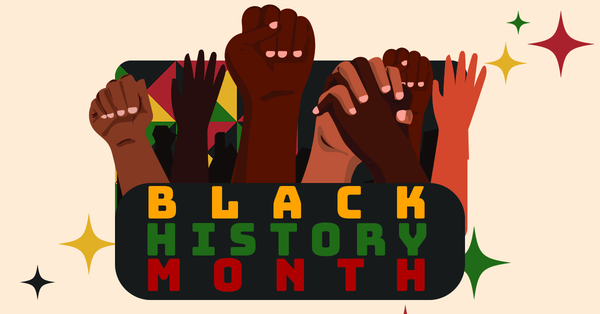
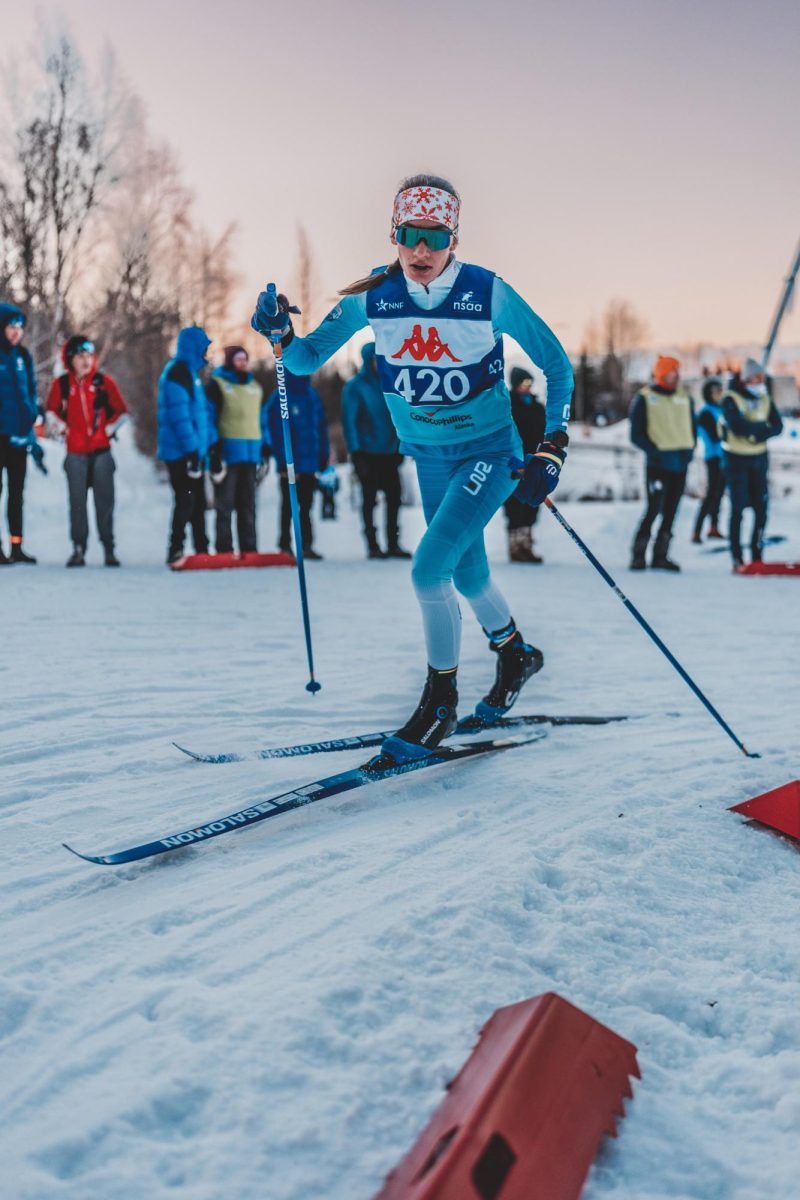






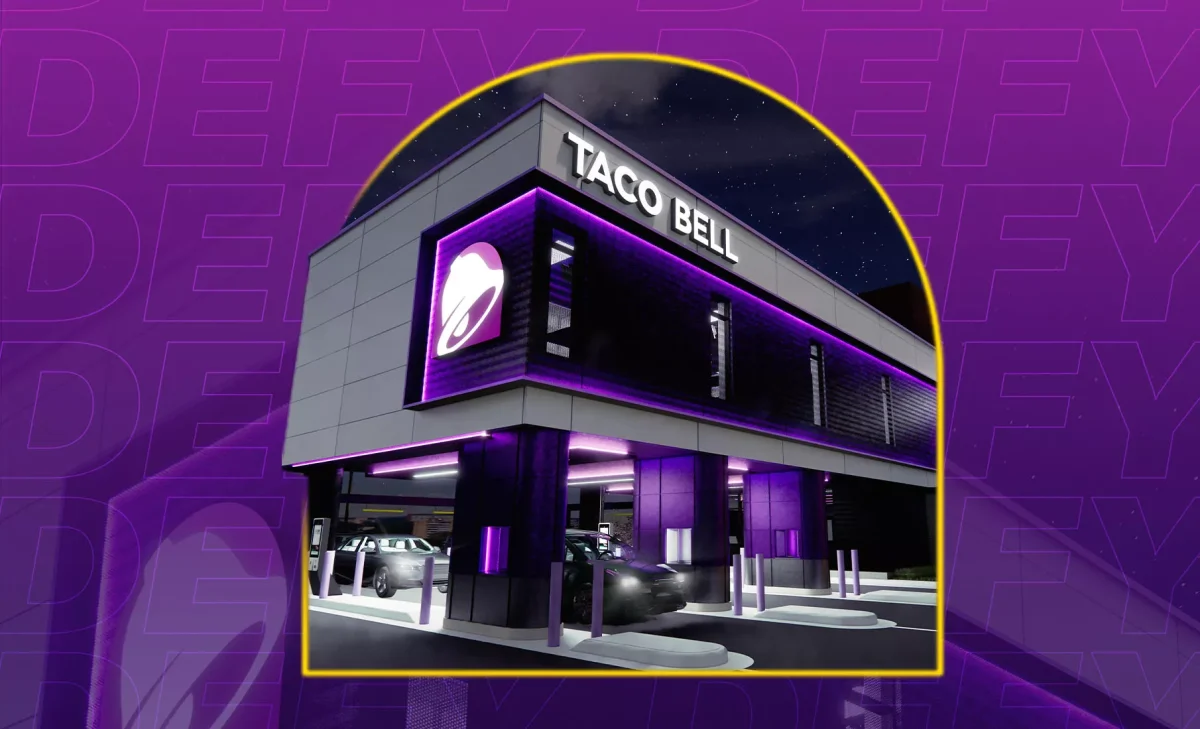



















![[OPINION] The dark origins of TikTok's looksmaxxing trend](https://www.mvviewer.org/wp-content/uploads/2024/02/Copy-of-Copy-of-Untitled-Design-1200x675.png)


